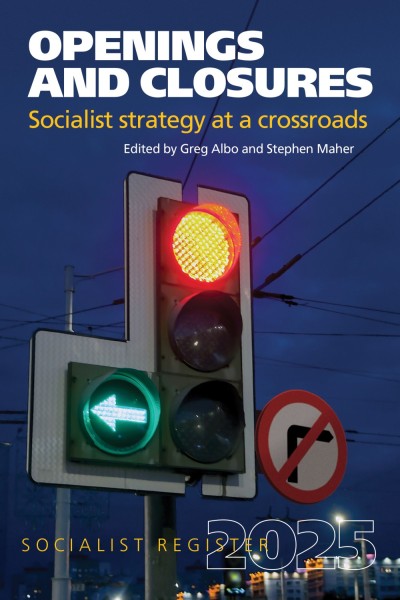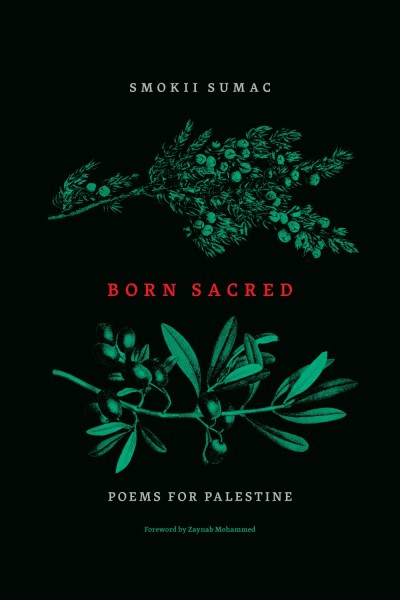
African Nova Scotian – Mi’kmaw Relations
Paula C. Madden reveals the interconnected stories of the Mi’kmaq and African Nova Scotians, painting a vivid picture of shared struggles, resilience, and the ongoing journey towards justice.
About the book
The Indigenous people of Nova Scotia, the Mi’kmaq, have been dispossessed of their lands and, since the early 1820s, confined to reserves. African Nova Scotians have also been dispossessed of lands originally granted to them by white colonial governments and settled in communities with names like Africville, Preston or Birchtown. Yet “the story of Africville, and other stories of dispossession,” argues author Paula C. Madden, “cannot be told and understood outside the context of the dispossession of Indigenous peoples. To do so would be to erase and cover over Mi’kmaw stories and their very existence within the territory/nation.” Madden concludes that “Mi’kmaw people resisted the dire conditions of their lives and their demands for justice were generally ignored. The (provincial) state’s insistence on pinning their fortunes to that of African Nova Scotians by forced collaborations such as the Transitional Year Program and the Indigenous Black and Mi’kmaq program did not serve them well in creating programs specific to the needs and desires of their community. It also created a situation in which African Nova Scotians failed to appreciate the meaning of their relationship with the Crown, thereby causing resentment and at times anger between the two communities.”
African Heritage & Black Diaspora Canadian Studies Indigenous Resistance & Decolonization Race & Anti-Racism
Contents
- Introduction
- Citizenship, Race and Identity
- The Mi’kmaw People and the Descendents of the Pre-Confederation Black Community: A Brief History
- Racial Subjects and Human Rights
- Black/Mi’kmaw Rela-tions in Nova Scotia
- Conclusion



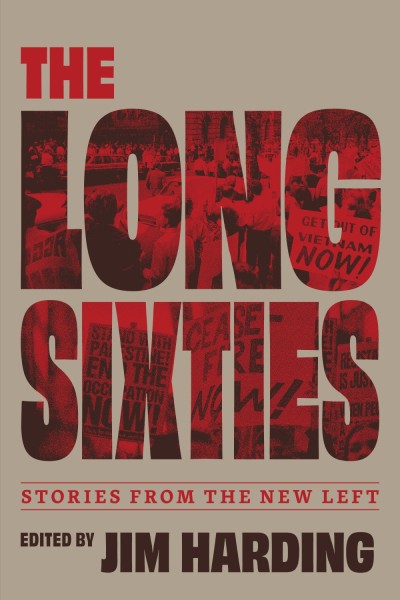
_cover-FINAL_400_600_90_s.jpg)
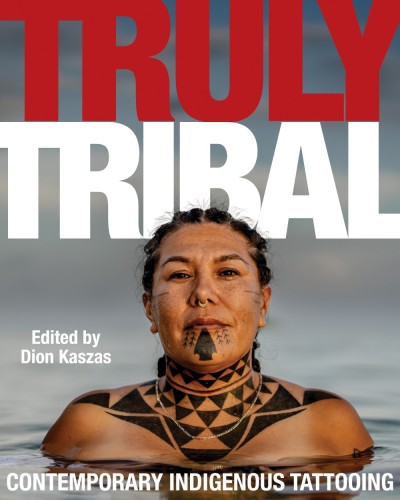
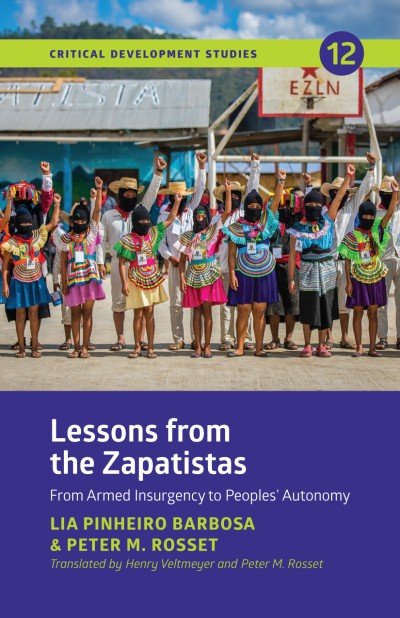
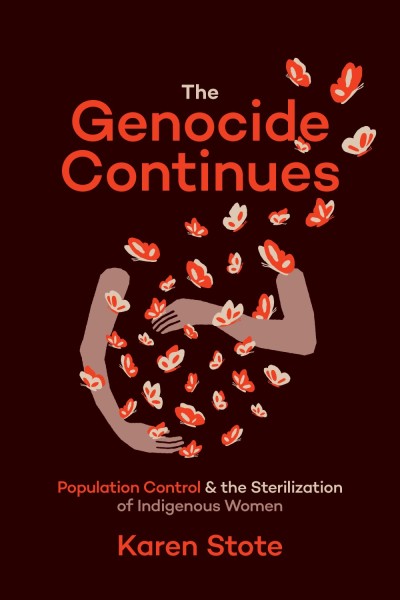
_cover-FINAL_400_600_90_s.jpg)
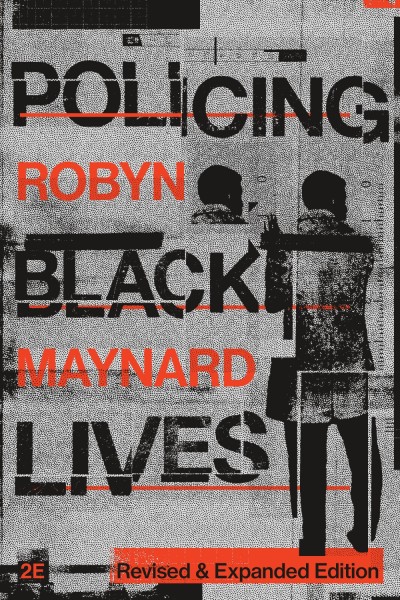
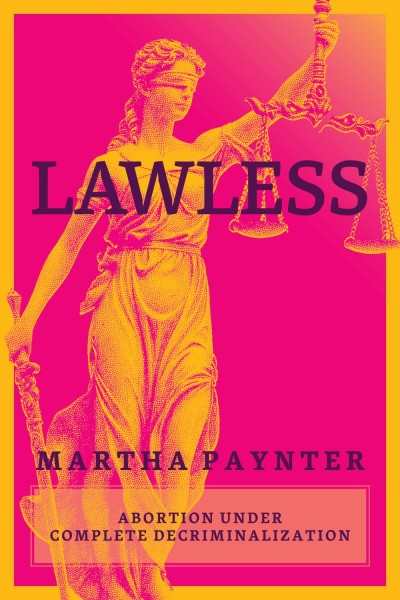
_cover_REV_400_600_90_s.jpg)
